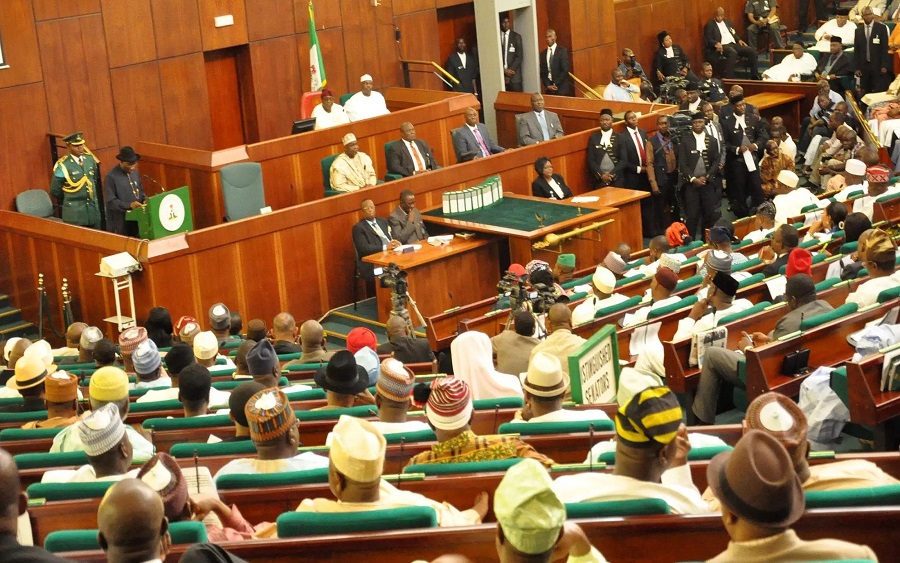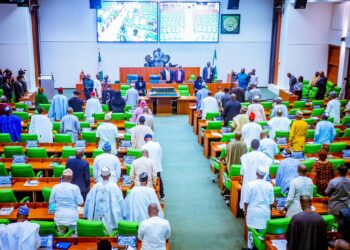The House of Representatives has been deliberating on a bill that would lead to the creation of a law that appoints an Inspector General to enforce taxation and remittances to the Federation Account.
The bill was sponsored by House Spokesman, Benjamin Kalu, to establish the National Inspector-General for Tax Crimes Commission.
Why it matters: If passed and signed by the executive, it would promote economic efficiency and effectiveness in administering the nation’s tax system, detect and deter fraud and abuse in taxation programme and operations and protect tax payer’s rights.
The Bill proposes to set up the Commission to assist the FIRS, in enforcing tax collection and enduring remittances of the same to the Federation Account.
It stated, “The Commission shall complement the Federal Inland Revenue Service in ensuring compliance with payment of tax; develop and implement a national policy for tracking down tax defaulters; develop tax compliance strategies; provide for an efficient and effective mechanism in administering the Nigerian tax system.
“And to protect taxpayers right, educate the citizenry on tax matters, collaborate with relevant stakeholders to ensure payment of taxes and proper remittance to the Federation Account. It will also provide a transparent platform on all matters relating to tax; provide sustainable finance and revenue for the government, and perform such other functions as may be considered necessary for the attainment of the objective set out in this Bill.”
Proposed powers of commission’s board: The bills added that the Board shall have powers to manage and superintend the affairs of the Commission; establish committees or specialized departments for the purpose of effective regulation and discharge of the Commission’s functions under the Bill.
The Bill, as reported by Vanguard, also seeks “to formulate general policies for the regulation and development of the Commission”, it also states that, “subject to the provisions of this Bill, make, alter, and revoke rules and regulations for carrying out the functions of the Agency; with the prior consent of the Inspector General of Tax, to borrow or dispose of any property; appoint either on transfer, secondment or leave of absence from any public service of the federation or private sector.


















